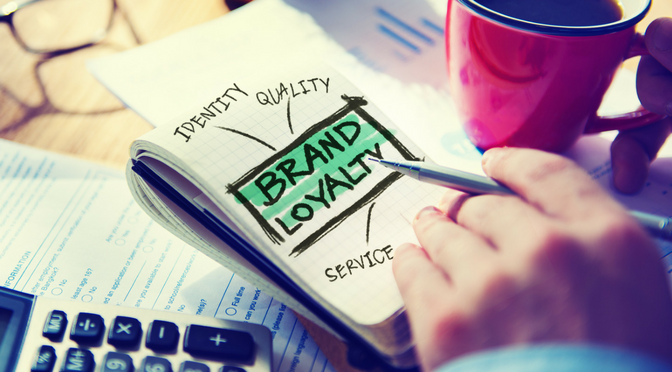
Are you making good use of your reputation? Pay attention to the gap
Are you looking to increase your sales, expand your business? Do not waste your time thinking about how your customers see your company. Instead, do your best to ensure that employees’ opinions about corporate reputation are positive. And not only positive, but it is better than the opinion that customers have about their corporate reputation. Research suggests that sales tend to increase when the opinions of employees about the company are higher than that of the clients and that they diminish when the opinions of the employees are below those of the clients.
A good external reputation is a source of competitive advantages. More reputable companies can charge higher prices, attract investors and employees, improve customer attitudes, decrease the risk perceived by a customer and create greater credibility. However, the reputation is very fragile and can be strengthened, but also, damaged very easily. Samsung has demonstrated how unity and collective passion can surpass Sony, a Japanese brand of superior quality. Samsung is now the leader in the industry in terms of brand strength and financial results. On the other side of the scale, sudden damage to reputation can negatively affect performance as happened when Arthur Andersen collapsed after arguments about his involvement in the Enron scandal.
It all has to do with the gap
So, the key factor, when it comes to sustainable reputation, is not just its reputation, whether external or internal, but the nature and magnitude of the gap between the two. The internal reputation of a company is based on how employees perceive and feel about the company. This is important because these perceptions, in turn, affect the behavior of external stakeholders. The field interviews we conducted with 4,700 customers and employees from 63 business units show that when the internal reputation of a company perceived by employees falls below those of customers, their sales will decrease. Companies with a good internal reputation are proportionately more likely to offer a good service, while those with little internal reputation have less enthusiastic staff and lower levels of service. Coupled with this, customers have higher expectations of companies with a positive reputation, compared to other companies.
The gap arises when customers come into contact with employees whose (internal) view of the company’s reputation is significantly different from the client’s (external) view. A positive reputation gap occurs when employees have a much more positive opinion and a negative reputation gap occurs when the customer’s opinion is significantly less positive. The results can have a significant effect on the final balance: Companies with a clear positive reputation gap average sales growth, year after year, of more than 16 percentage points, higher than those companies with a clear negative gap. In other words, companies grow more quickly when their employees have a better opinion of their company than the customers.
The implications in business
The reputation gap has two important implications for a service company. First, the positive reputation gap (high employee vision) has a significant influence on future sales. This means that focusing exclusively on projects designed to increase reputation among consumers, as marketing directors do, may have a limited vision.
Secondly, it is time to question the popular belief that emphasizes the alignment of consumers and employees with respect to the perception of a brand. Clearly, there are advantages in making sure that customers’ understanding of practical issues (such as product offerings and new policies) and the services offered by the company-squares with the knowledge of employees. However, aligning the views of customers and employees about the company is not the optimal strategy to ensure growth. It is better to keep perceptions of employees always above those of customers.
After having gone through the financial crisis and recession on a global scale, companies are trying to improve their reputation. The rebuilding of trust in the public mind is a popular slogan we hear today. My advice is to reconsider. Ask yourself this question: How much confidence do employees have in their corporate brand? If you are not totally sure of the trust your employees have in the corporate, do not start a campaign to improve public confidence. The biggest threat to his reputation is not that of his competitors but the lack of pride and deteriorated self-image. Rebuilding employee confidence during a crisis can be achieved through open communication, clear vision and a sense of empathy.

Leave a reply